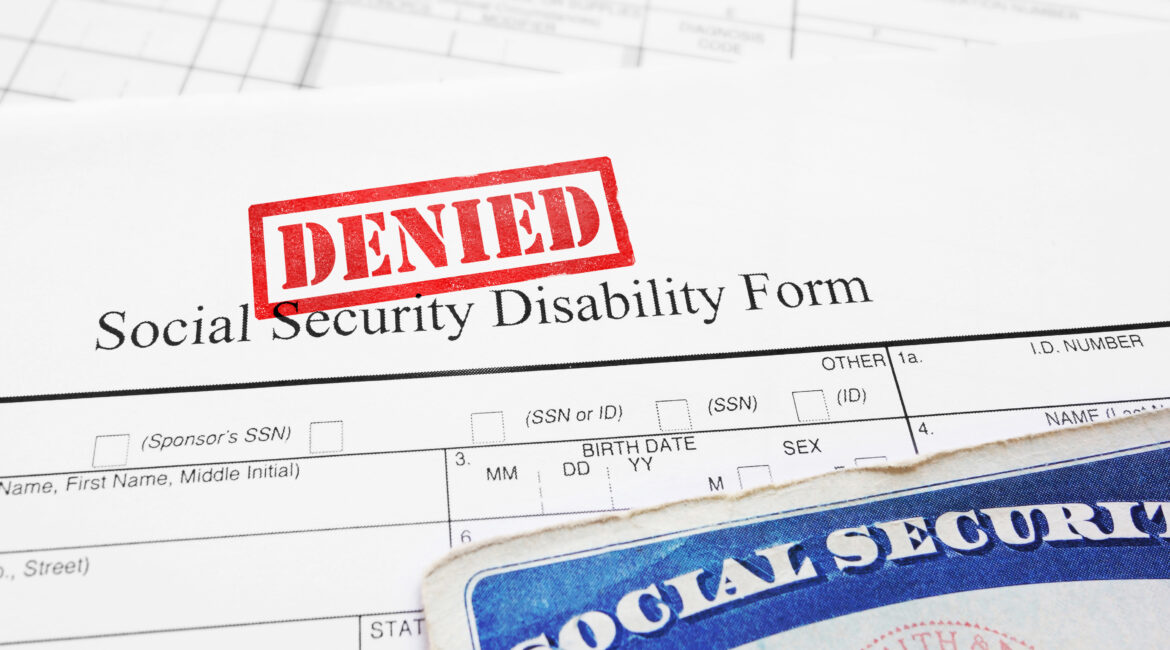Social Security Disability Insurance (SSDI) offers critical financial support and health coverage to individuals unable to work due to a serious medical condition. But anyone who has applied for SSDI knows the process isn’t easy—and the odds aren’t great. Nearly 70% of applicants are denied during the Social Security Administration’s (SSA) initial review.
Once you’ve been approved, the last thing you want is to lose that hard-earned benefit. Unfortunately, SSDI payments can be suspended or stopped if specific rules aren’t followed. And getting reinstated can be just as frustrating as your first application.
To protect your benefits, be aware of the top reasons SSDI payments may be interrupted—and what you can do to avoid them:
-
You Didn’t Notify SSA of a Personal Information Change
With millions of people in the system, the SSA depends on accurate, up-to-date records. Failing to update your file when your personal situation changes can lead to missed communications or even a suspension of benefits.
Make sure to notify the SSA if:
- You’ve moved and have a new address.
- You’ve changed your phone number.
- You’ve gotten married, divorced, or legally changed your name.
Minor oversights can cause significant problems, so don’t let these updates fall through the cracks.
-
You’re Earning More Than the Allowed Limit
If you’ve returned to part-time work, be mindful of the income limits set by the SSA. In 2025, earning more than $1,620 a month (or $2,700 if you are statutorily blind) may be considered substantial gainful activity (SGA)—and could put your benefits at risk.
Even exceeding the limit by a small amount can result in an overpayment notice. The SSA can withhold future payments until the overage is repaid. If your income fluctuates, it’s a good idea to report it regularly and keep records of your hours and wages.
If you have been notified of an overpayment, read this critical article on what you must do immediately!
-
You’ve Changed Banks or Opened a New Account
If you’ve recently closed your bank account or opened a new one, you must update your direct deposit details with the SSA. Otherwise, payments sent to the old account will be returned, and your benefits may be suspended while the SSA investigates.
Never assume the change will be resolved automatically. Notify the SSA immediately anytime your banking information changes. To save time, call your local Social Security office; the number is here.
-
You’re Working More Hours Than Usual
Increasing work activity might raise red flags even if your earnings stay below the SGA limit. The SSA can review your case anytime to assess whether you’re still eligible for benefits based on your work capacity.
If your workload has picked up—temporarily or permanently—be proactive. Inform the SSA about the change to avoid future complications or potential benefit suspension.
-
There’s Been a Change in Your Representative Payee
Some SSDI recipients require a representative payee—a person or organization appointed to manage their benefits on their behalf. If your representative payee changes or can no longer serve in that role, it must be reported to the SSA immediately.
Updating this information can interrupt payments, especially if the SSA cannot verify who should be handling the funds.
Keeping your SSDI benefits flowing means staying vigilant and informed. At Hoffman, Larin & Agnetti, we understand how vital these payments are to your security and peace of mind. If you’re unsure about your eligibility or have received a notice from the SSA, don’t wait—contact us today. Our disability attorneys are here to guide you every step of the way.
Contact us at 305-653-5555. Text us at 305-653-1515. Email us at [email protected]. Or fill out the form at the top of this page and we will call you.
Hoffman, Larin & Agnetti.
Experience and Results Matter




